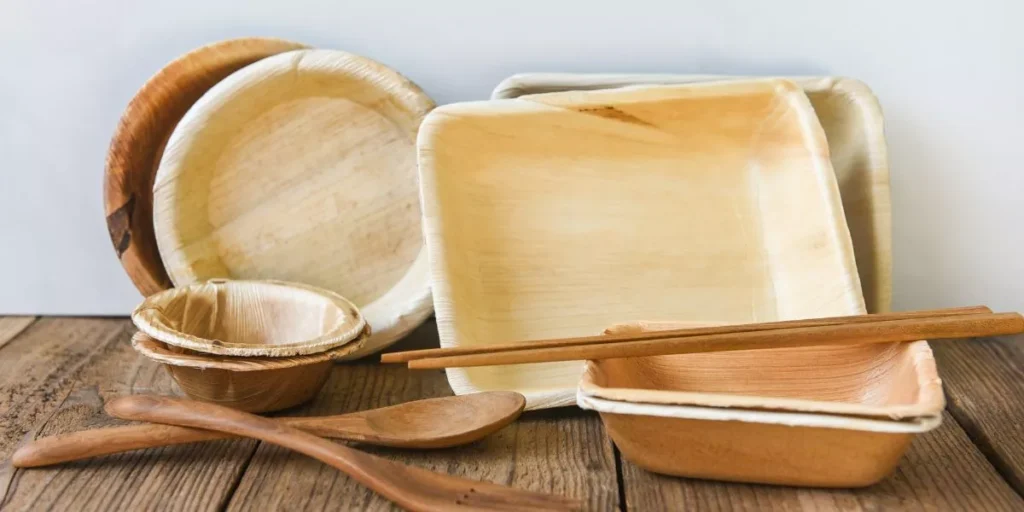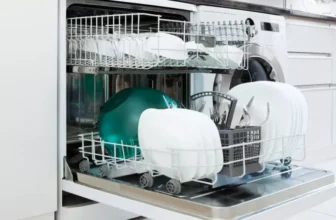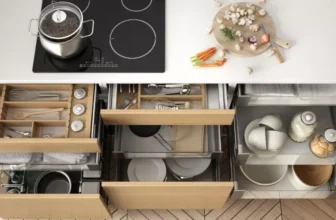
When it comes to maintaining an eco-friendly kitchen, small changes can make a big impact. By implementing strategies like reducing food waste, selecting sustainable materials, optimizing energy usage, and embracing composting, you can create a more environmentally conscious cooking space. These straightforward tips not only benefit the planet but also contribute to a healthier lifestyle for you and your loved ones. By incorporating these practices into your daily routine, you’ll be taking significant steps towards a greener kitchen and a more sustainable future.
Reduce Food Waste
To minimize food waste in your kitchen, prioritize meal planning and proper storage techniques. Start by planning your meals for the week ahead. Take inventory of what you already have in your pantry and fridge, and create a shopping list based on what ingredients you need. By planning ahead, you can ensure that you only buy what you need, reducing the chances of food going to waste.
When storing food, make sure to use airtight containers to keep items fresh for longer periods. Label your containers with the date to easily track when they were stored. Additionally, consider using transparent containers so you can see the contents easily and avoid forgetting about certain items.
Another tip is to organize your fridge and pantry so that older items are placed at the front and newer items at the back. This way, you’re more likely to use up the older items first before they spoil. By implementing these simple strategies, you can significantly reduce food waste in your kitchen.
Choose Sustainable Materials
Consider opting for sustainable materials when selecting kitchen items to reduce your environmental impact. Choosing sustainable materials helps minimize the depletion of natural resources and lowers the production of harmful emissions associated with conventional materials. When shopping for kitchen essentials, look for items made from bamboo, recycled glass, stainless steel, or reclaimed wood. These materials are eco-friendly and durable, making them excellent choices for a sustainable kitchen.
Invest in cookware and utensils made from sustainable materials like cast iron, which has a long lifespan and conducts heat efficiently, reducing energy usage during cooking. Opt for glass food storage containers instead of plastic ones to avoid harmful chemicals leaching into your food and contributing to plastic pollution. Additionally, when renovating your kitchen, consider using reclaimed or salvaged materials for countertops, cabinets, and flooring to give them a new life and reduce waste.
Optimize Energy Efficiency
When aiming to keep your kitchen eco-friendly, optimizing energy efficiency becomes key to reducing your environmental footprint and lowering utility costs. Start by upgrading to energy-efficient appliances like refrigerators, dishwashers, and stoves. Look for appliances with the ENERGY STAR label, which indicates they meet strict energy efficiency guidelines. Additionally, consider using a toaster oven or microwave for small cooking tasks instead of heating up your large oven.
Another way to optimize energy efficiency in your kitchen is by using lids on pots and pans while cooking. This helps retain heat, allowing you to cook your food faster and use less energy. When using the stove, match the size of the burner to the size of the pot or pan to prevent energy waste.
Lastly, don’t forget to regularly maintain your appliances by cleaning filters, coils, and seals. Keeping your appliances in top condition ensures they operate efficiently, saving you energy and money in the long run. By incorporating these energy-saving practices into your kitchen routine, you can contribute to a more sustainable environment while also benefiting from reduced utility bills.
Embrace Composting
Embracing composting in your kitchen is a sustainable way to reduce food waste and nourish your garden. Instead of throwing away food scraps, you can turn them into nutrient-rich compost that benefits your plants.
Start by designating a compost bin in your kitchen for easy collection of fruit and vegetable peels, coffee grounds, eggshells, and more. These organic materials can then be added to a compost pile or bin in your backyard.
Composting not only helps divert waste from landfills but also reduces the need for chemical fertilizers in your garden. The compost you create adds essential nutrients to the soil, improving its structure and moisture retention. As the organic matter breaks down, it releases beneficial microorganisms that support plant growth.
Trending Products














